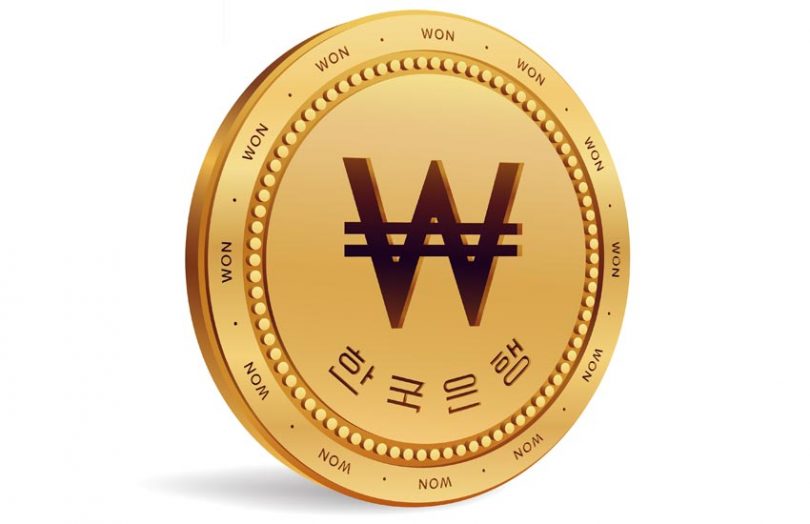Yesterday, the Korea Times reported that the Bank of Korea (BOK) has no immediate plans to issue a government-controlled digital currency or central bank digital currency (CBDC).
Although Bitcoin was released at the depths of the 2008 economic crisis, to date it has not triggered concerns by central banks, who repeatedly say cryptocurrencies do not present a “systemic risk”. However, when Facebook unveiled plans for a global digital currency or stablecoin, Libra, existing discussions about national currencies seemed to accelerate, particularly in China.
“Our view is that most Korean people do not feel difficulty in making transactions with current payment methods. Under the circumstance, we do not have to be in a hurry to catch up with the latest trend whose security and stability have not been confirmed,” an official in charge of digital payment research at BOK told Korea Times.
These sentiments echo recent comments from both the European Central Bank and the U.S. Federal Reserve.
Last week, Dirk Bullman, an official of the European Central Bank (ECB) confirmed that the bank is exploring a digital Euro. A CBDC doesn’t necessarily have to leverage blockchain. But in this case, Bullman noted that the central bank is experimenting with blockchain while stating that it might not be mature enough for a digital Euro. The ECB’s investigations span the potential of both wholesale and retail digital currencies. Bullman’s key message was that current payment mechanisms suffice.
However, the ECB will be one to watch given the arrival of former IMF chief Christine Lagarde as its President.
A few days ago, the head of the U.S. Federal Reserve Jerome Powell replied to a query by two Congressmen on CBDCs. Powell said the Reserve was currently analyzing the benefits of a digital currency for the U.S. economy. He also pointed to the adequacy of existing payment mechanisms as well as the development of FedNow, the real-time payment system under development. Additionally, there are several potential legal and monetary policy issues, and the Reserve is not currently developing a U.S. dollar digital currency.
Meanwhile, China seems to have taken the lead and has openly declared intentions to issue a CBDC. At one point it was suspected that an unveiling could be imminent, but the news was subsequently played down. The People’s Bank of China (PBOC) has formed a separate department to explore and develop a digital renminbi. Last week, Ledger Insights reported on the hiring of blockchain talent by a PBOC linked firm, possibly working on the CBDC.
And we previously explored the role a digital currency could play in China’s ambition for the renminbi to challenge the U.S. dollar’s position as the world’s reserve currency.
However, the PBOC has not confirmed whether it will use blockchain for the digital yuan and may leverage the technology for related services. PBOC deputy director Mu Changchun has been giving sporadic information about the digital currency, and acknowledged that CBDC issuance was a ‘horse race’ and ‘the leader will win the entire market’.






